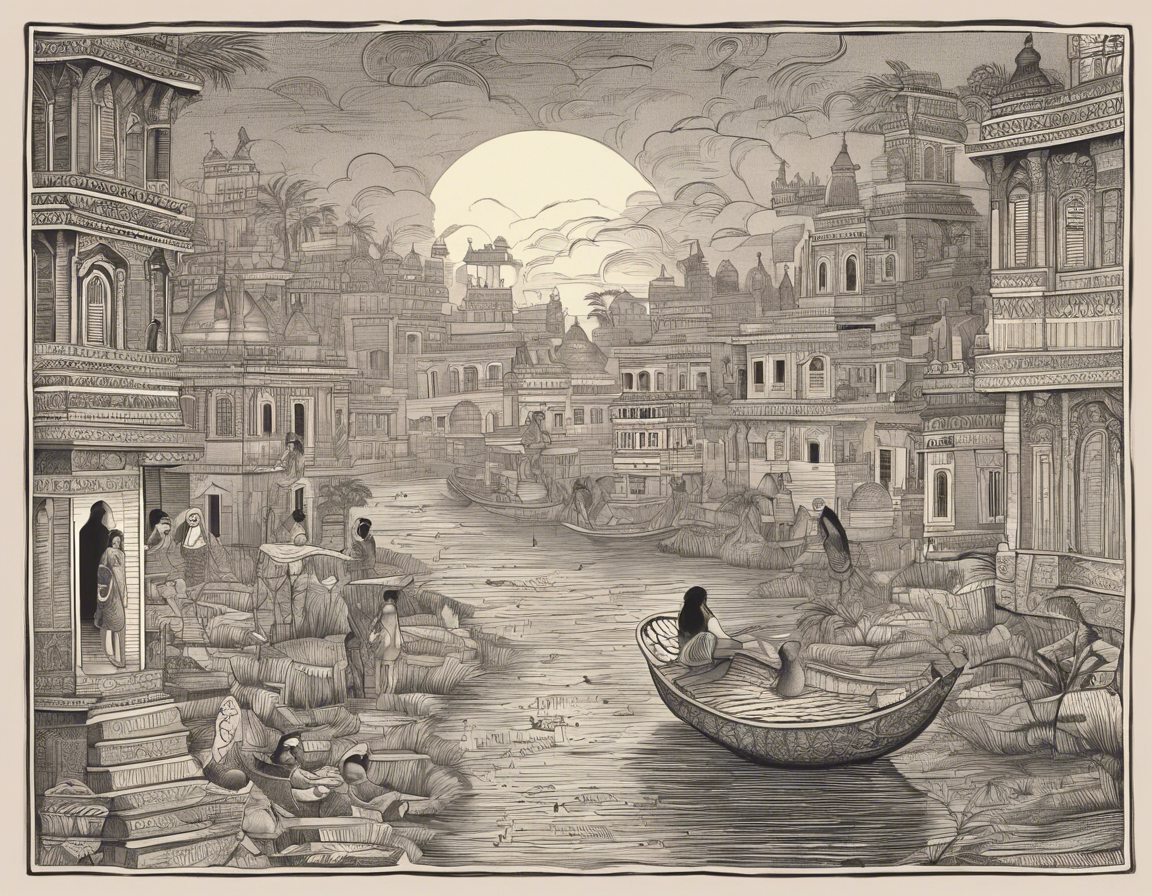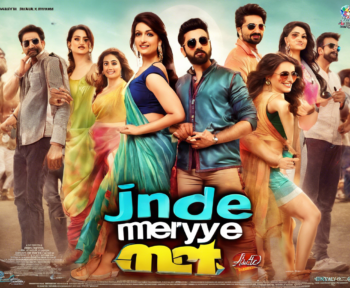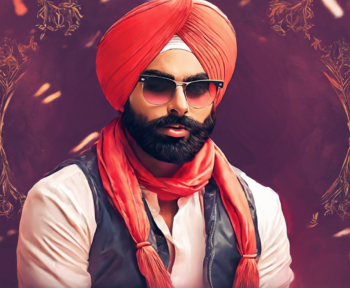Introduction
Bengali Literature: A Rich Legacy
Bengali literature is known for its richness and diversity, filled with stories that capture the essence of the human experience. From the works of Rabindranath Tagore to contemporary authors, Bengali literature has always been a source of inspiration for readers around the world. One of the most prominent forms of storytelling in Bengali literature is the short story. Bengali short stories are characterized by their poignant narratives, vivid characters, and deep emotional resonance. In this article, we will delve into the world of Bengali short stories and explore some of the most iconic tales from this rich literary tradition.
The Origins of Bengali Short Stories
The tradition of short stories in Bengal can be traced back to the 19th century when authors like Ishwar Chandra Vidyasagar and Bankim Chandra Chattopadhyay began experimenting with this form of storytelling. However, it was Rabindranath Tagore who truly popularized the genre with his masterful collection of short stories, such as “Kabuliwala” and “The Postmaster.” Tagore’s stories were deeply rooted in the Bengali ethos, exploring themes of love, loss, and redemption with unparalleled sensitivity.
Themes and Motifs in Bengali Short Stories
Bengali short stories often revolve around themes that are reflective of the socio-cultural milieu of Bengal. Love, longing, family dynamics, and the supernatural are recurring motifs in these stories. Many authors use the backdrop of rural Bengal to weave their narratives, painting a vivid portrait of life in the countryside. Additionally, issues of social inequality, gender dynamics, and political unrest often find resonance in Bengali short stories, adding layers of complexity to the storytelling.
Iconic Bengali Short Story Authors
Several authors have made significant contributions to the Bengali short story genre, each bringing their unique voice and perspective to the craft. Apart from Rabindranath Tagore, authors like Sarat Chandra Chattopadhyay, Bibhutibhushan Bandyopadhyay, and Mahasweta Devi have left an indelible mark on Bengali literature with their thought-provoking stories. Each author brings a distinct style and thematic focus to their storytelling, creating a diverse tapestry of narratives that reflect the myriad facets of Bengali society.
Must-Read Bengali Short Stories
1. “The Kabuliwala” by Rabindranath Tagore – A heartwarming tale of friendship between a young girl and a Afghan merchant in Kolkata.
2. “Mahesh” by Sarat Chandra Chattopadhyay – A poignant story that explores the complexities of human relationships and societal expectations.
3. “Ginni” by Bibhutibhushan Bandyopadhyay – A haunting tale of a young girl’s encounter with the supernatural in a remote village.
4. “Draupadi” by Mahasweta Devi – A powerful narrative that deconstructs gender norms and patriarchy through the eyes of a tribal woman.
The Influence of Bengali Short Stories
Bengali short stories have had a profound impact on literature and continue to inspire authors and readers alike. Many of these stories have been adapted into plays, films, and television series, further amplifying their reach and relevance. The emotional depth and cultural specificity of Bengali short stories have transcended geographical boundaries, resonating with audiences across the globe.
FAQs about Bengali Short Stories
1. What are some common themes in Bengali short stories?
– Common themes in Bengali short stories include love, family dynamics, social inequality, and the supernatural.
- Who are some of the most renowned Bengali short story authors?
-
Renowned Bengali short story authors include Rabindranath Tagore, Sarat Chandra Chattopadhyay, Bibhutibhushan Bandyopadhyay, and Mahasweta Devi.
-
How has the genre of Bengali short stories evolved over time?
-
The genre of Bengali short stories has evolved to encompass a diverse range of themes and narrative styles, reflecting the changing socio-cultural landscape of Bengal.
-
What makes Bengali short stories unique compared to other literary traditions?
-
Bengali short stories are known for their emotional depth, rich cultural imagery, and nuanced exploration of human relationships, setting them apart from other literary traditions.
-
Are there English translations available for Bengali short stories?
- Yes, many Bengali short stories have been translated into English, making them accessible to a wider audience of readers who may not be familiar with the Bengali language.
In conclusion, Bengali short stories stand as a testament to the enduring power of storytelling in capturing the essence of human emotions and experiences. Whether exploring themes of love, loss, or societal injustice, these stories continue to resonate with readers, transcending linguistic and cultural boundaries to touch the hearts of audiences worldwide.


